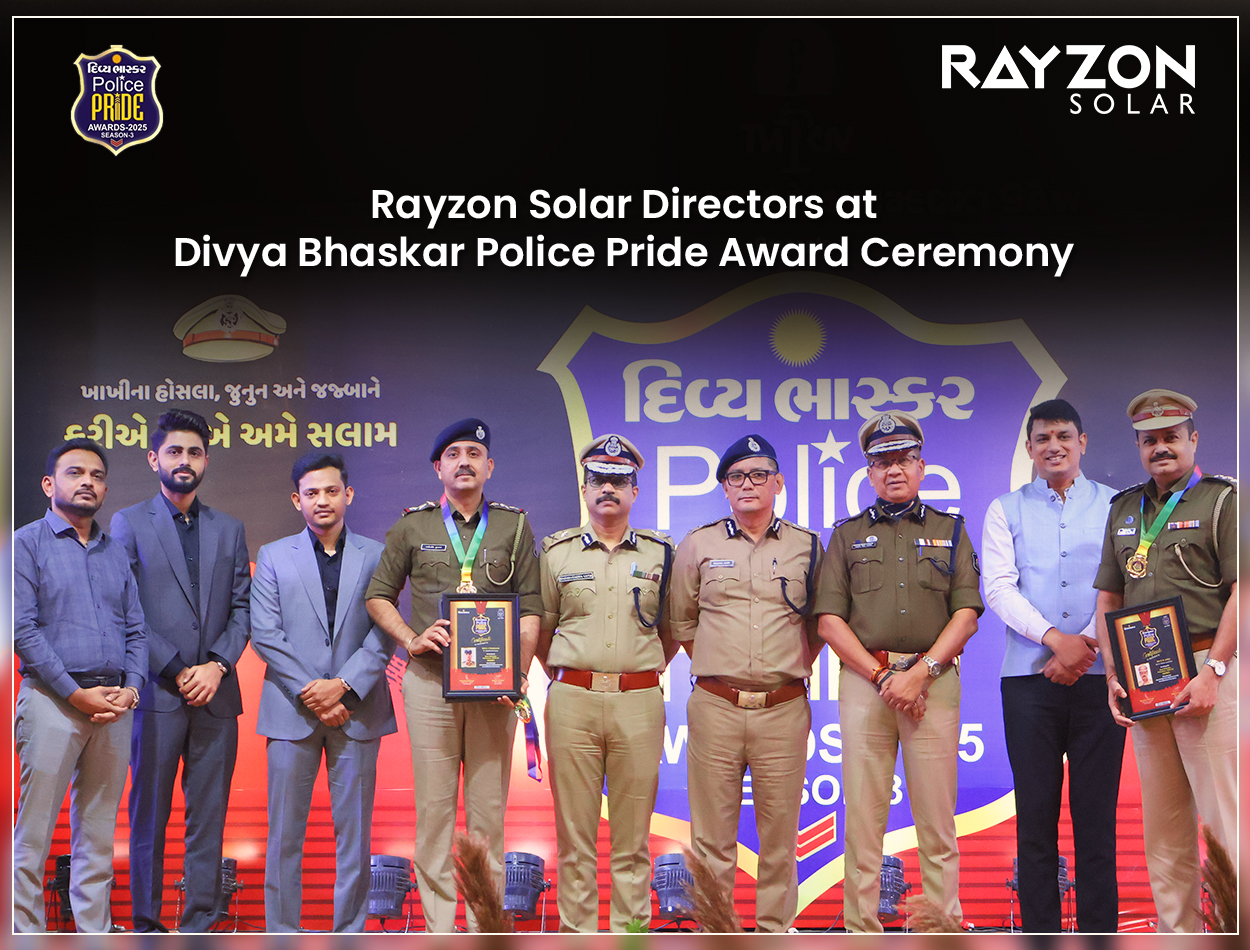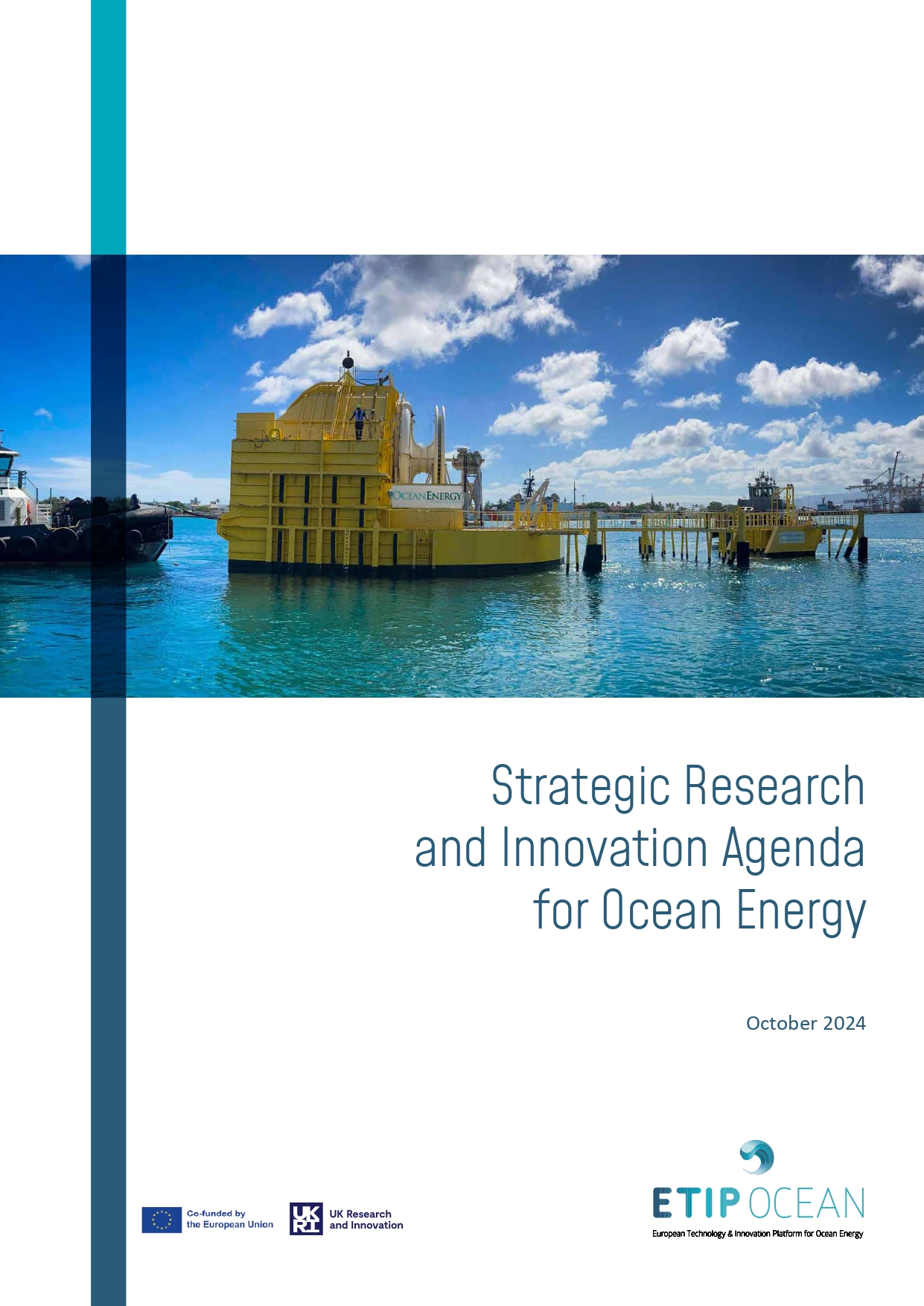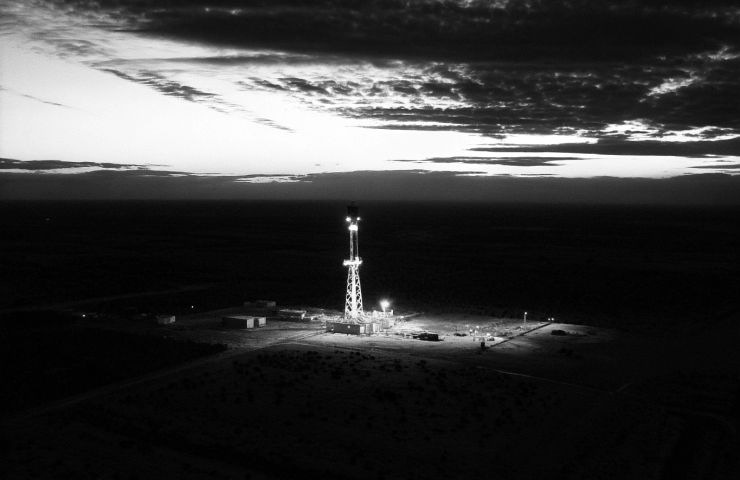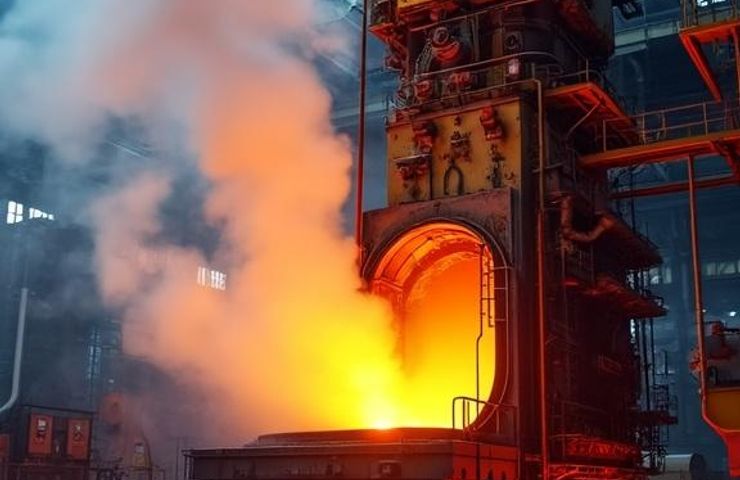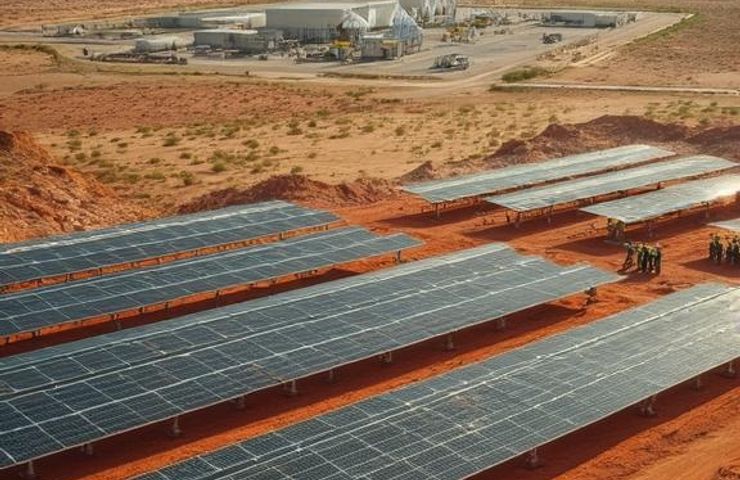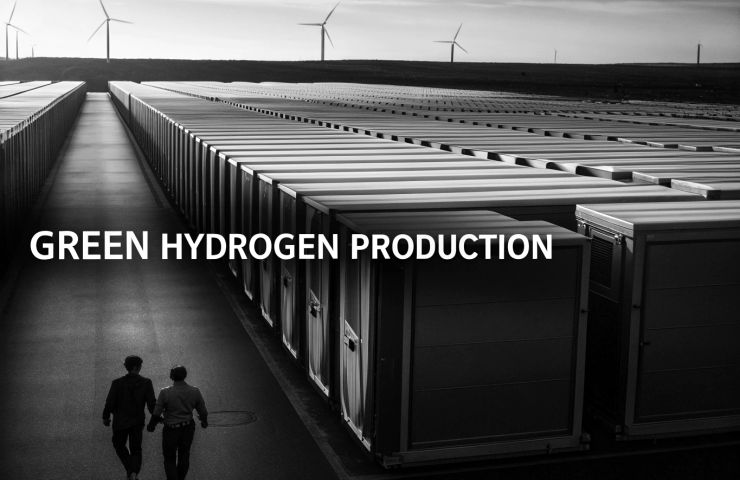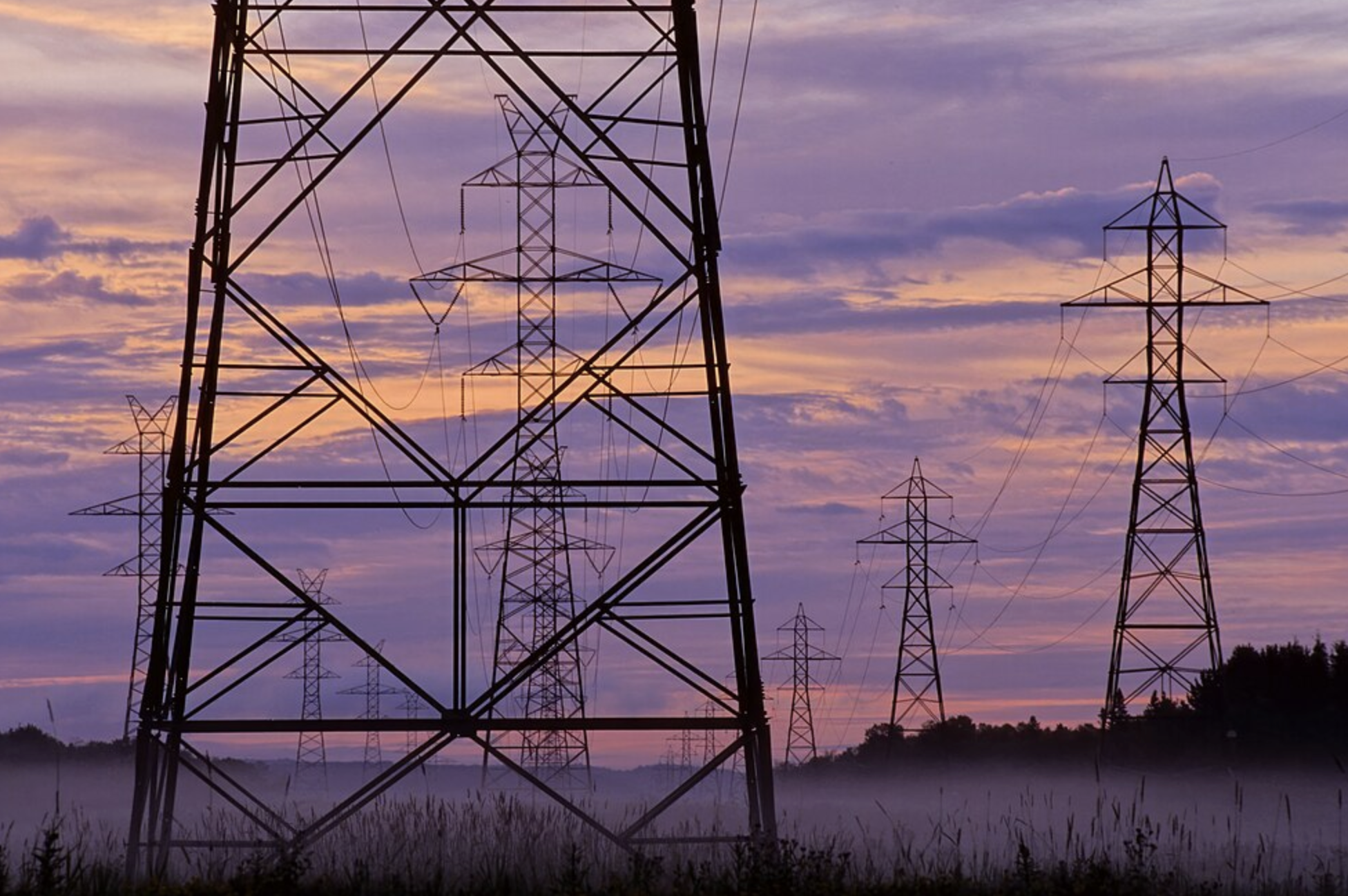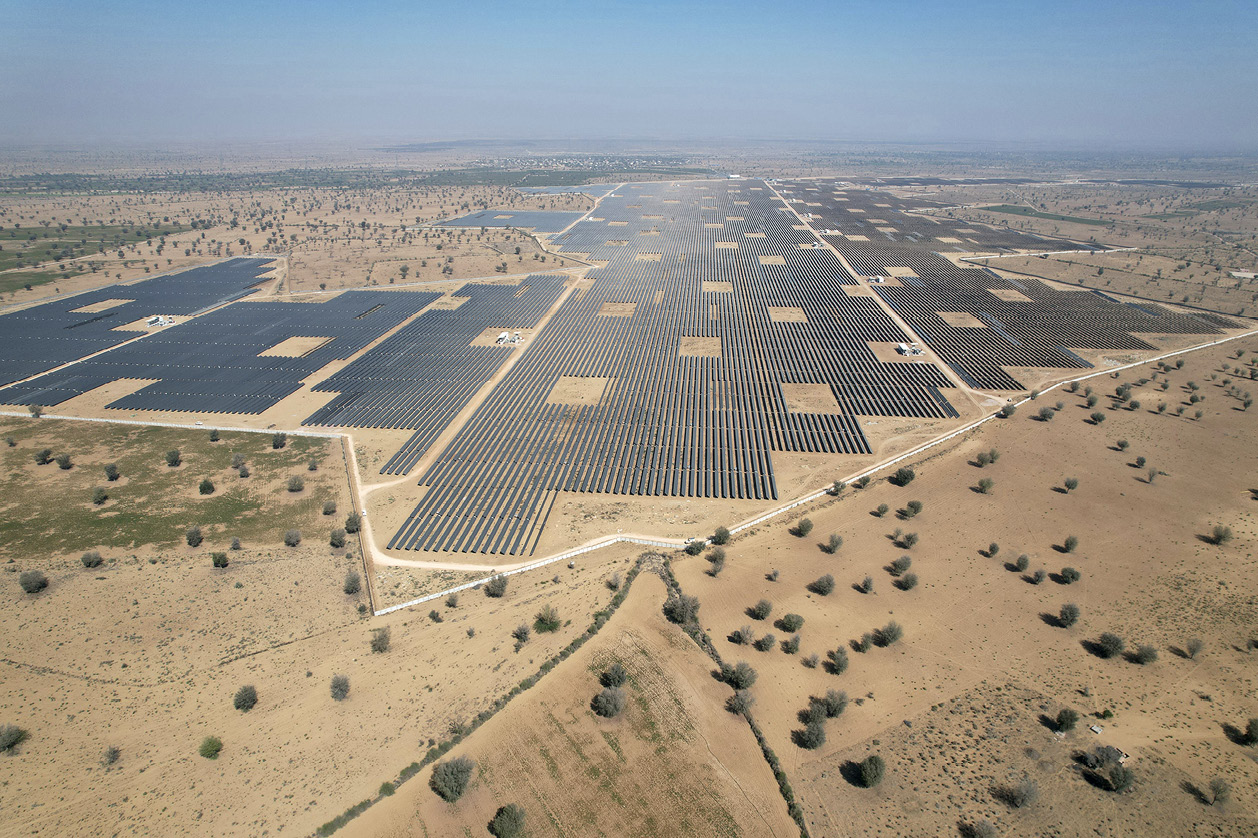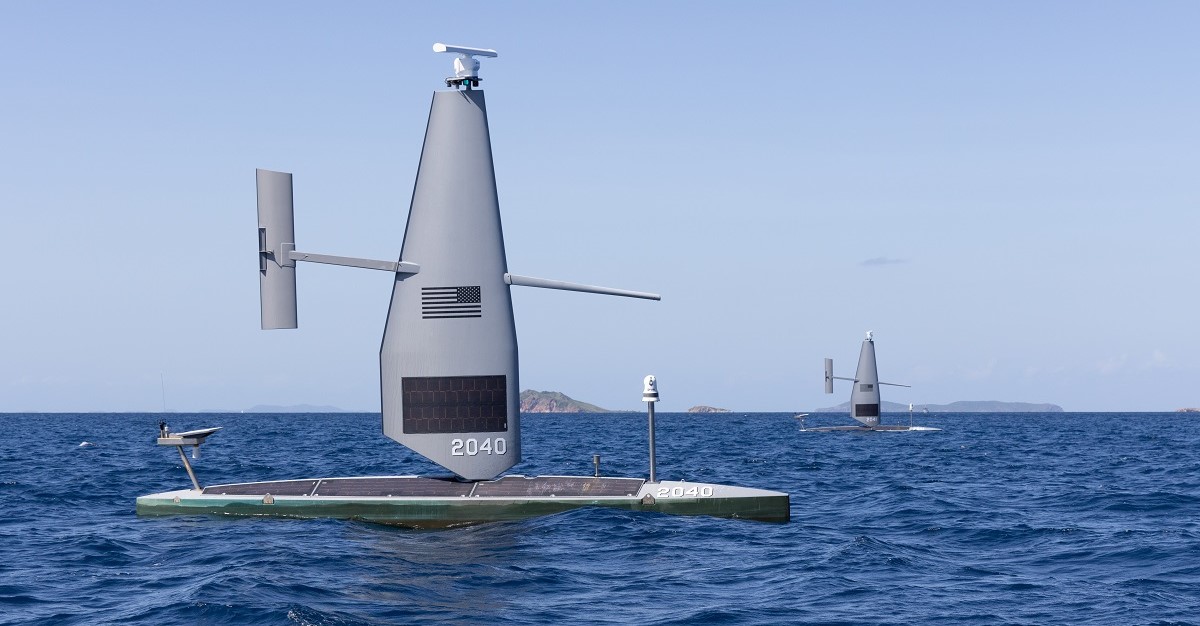South Korea urges US to exempt firms from polysilicon tariffs
South Korea’s Ministry of Trade, Industry and Energy (MOTIE) is urging the United States to exempt its companies from Section 232 polysilicon tariffs, warning that restrictions could disrupt $2.8 billion in US solar investments.
South Korea’s Ministry of Trade, Industry and Energy (MOTIE) is urging the United States to exempt its companies from Section 232 polysilicon tariffs, warning that restrictions could disrupt $2.8 billion in US solar investments.
South Korea's Ministry of Trade, Industry and Energy is urging the United States to exempt Korean companies from Section 232 import restrictions on polysilicon and its derivatives, warning that tariffs could disrupt $2.8 billion in US solar investments.
The Section 232 investigation, launched July 1 under the US Trade Expansion Act of 1962, examines potential national security risks of foreign-made polysilicon imports. China dominates global production with approximately 80% market share, and polysilicon prices have fallen significantly due to Chinese competition.
Bernreuter Research says the average Chinese polysilicon price in August 2025 is CNY 44/kg ($5.42/kg, without VAT), with n-type at CNY 45/kg and p-type at CNY 33/kg. The current spot price as of Aug. 6, 2025, was $6.12/kg, according to the polysilicon market research firm.
The South Korean government stated that bilateral trade is mutually beneficial: the nation annually imports roughly $58 million of US-produced polysilicon while supplying polysilicon produced by Korean companies to US companies. It warned that broad tariffs could disrupt supply chains critical to both the US solar and semiconductor industries.
South Korean companies are investing in US solar manufacturing, including Qcells' panel complex in Georgia and OCI's solar cell plant in Texas. The ministry noted that these projects are expected to create approximately 3,250 jobs. The Korean authorities said trade restrictions could delay these investments, raise costs, and threaten growth in the US solar industry.
The ministry added that Korean polysilicon producers maintain strict quality controls, are free of forced labor concerns, and contribute to diversifying the concentrated global supply. In semiconductors, it noted that US exports of high-purity polysilicon already generate a trade surplus and that imports from Korea do not threaten US production or national security.
MOTIE requested flexible application of any Section 232 measures to preserve bilateral trade, safeguard supply chains, and support investment in US renewable energy and semiconductor manufacturing.
In January 2025, China revealed plans to review anti-dumping duties on solar-grade silicon imports from the United States and South Korea, potentially affecting pricing and trade flows in the solar sector. Hemlock Semiconductor, meanwhile, secured §325 million in US government funding to support polysilicon production and strengthen domestic supply chains.
In July 2025, Tokuyama and OCI began construction of a new polysilicon factory in Malaysia, targeting 10,000 metric tons of annual capacity.
What's Your Reaction?







